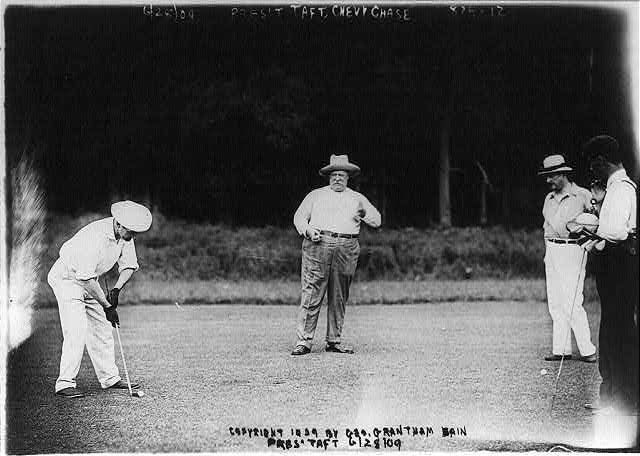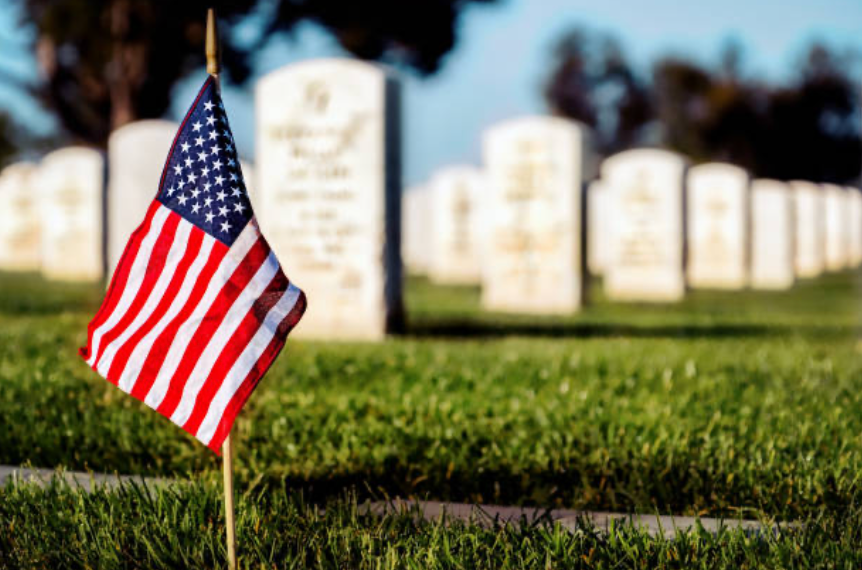The early 20th century in America was a period of extreme social stratification and almost obscene displays of wealth, and those who could afford to escape to exotic locations like Augusta for holidays, especially in the winter, did so on a grand scale.
The city of Augusta is one of the focal points of what is termed, “the Edwardian era” in America.
Wealthy northerners would escape the harsh winter climes and bring Martha’s Vineyard to the Garden City where they would comprise what the locals called “winter colonists.”
The activities of that era prepared modern Augusta for the one week each year when Augusta transforms into an international city.
In the winter of 1910, people didn’t see a Daniel Field crowded with private jets; rather, the locals would see the lines of Pullman train cars parked at Augusta Union Central.
In fact, Union Central would be a central reason Augusta became popular with the pre-jet set crowd; Augusta was the last stop of the railroad line.
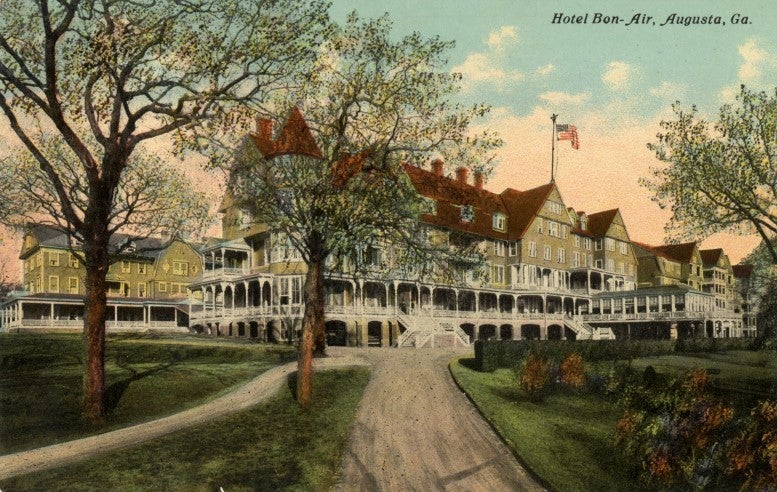
The epicenter of winter colony activities were the local “palace” hotels.
While many people, as they do today during Masters week, rented homes and cottages in Summerville during the winter break, the hotels were the places to see and be seen. According to the late Augusta historian Ed Cashin, the opening of the Bon Air Hotel in 1889 kicked off what would be a roughly 25 year-long party where the champagne never ceased flowing.
The Bon Air Hotel, the Highland Park Hotel in Aiken and later, the Partridge Inn earned their reputations for being white-glove operations. The rich interiors featuring ornate paneling in the Victorian and Georgian styles warmly greeted guests.
People staying in the hotels rarely had to leave the building as the bottom floor of the hotels had everything from barber shops delivering fresh hot shaves to jewelry venders selling their sparkling wares.
In fact, cabins and public spaces on ocean liners of the time, such as RMS Titanic, were designed to look like the finest hotels of the era.
The rules for Edwardian society were very rigid and were followed to the letter.
Under no circumstance would a character such as Jack from the 1997 movie “Titanic” be invited as an honored guest at an Edwardian banquet, as the working class were considered unhygienic, uncouth and unfit to participate in polite society.
Men and women did not socialize in the manner that we do today and there was a sort of segregation of the sexes. Unmarried couples were not to be seen together in public without a chaperone, as most marriages of the time in elite society were arranged.
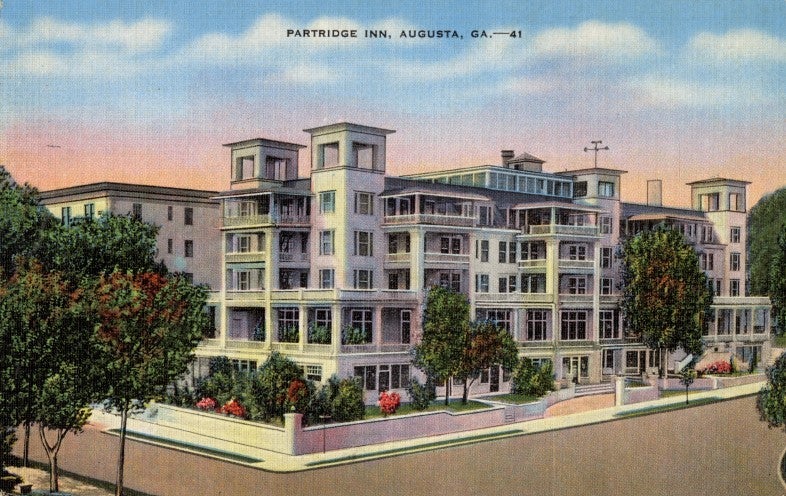
Concerning the interaction of the sexes, American writer Emily Post wrote, “the only young girl who is really ‘free,’ is she whose chaperon is never very far away…but a young girl who is unprotected by a chaperon is in the position precisely of an unarmed traveler walking alone among wolves.”
One of the places where men and women did mix was the palm court, which got its name from the many palm frond trees that lined the room. Northern society newspapers would print in advance where wealthy families would be spending winter, so friends of the family would gather in the hotel’s palm court to await their arrival.
During the daytime, the female visitors to Augusta might enjoy a nice carriage ride out to Aiken to watch the equestrian sports, read poetry and picnic at Lake Olmstead or enjoy the putting green at the Partridge Inn while the men hit the links at what would eventually become the Augusta Country Club.
In the evening, the Edwardians liked to party, and those parties centered around lavish displays of food.
It was considered a high-honor to receive a posted invitation to attend a private dinner at the Bon Air, and those events would last hours. The hostess throwing the dinner would decide on the seating arrangements and even the proper conversation topics, according to the Driehaus Museum.
Guests were treated to 10 to 13 courses of the finest of foods paired with the finest of wines. Sorbets and other delicate ices would be served between courses to “cleanse the palate.”
After a dinner that might last five hours, the men would retire to the smoking room where business and politics would be discussed over cigars and brandy, and the women would retire to the writing or reading room where the conversations focused on the latest fashions, or the women might engage in polite gossip.
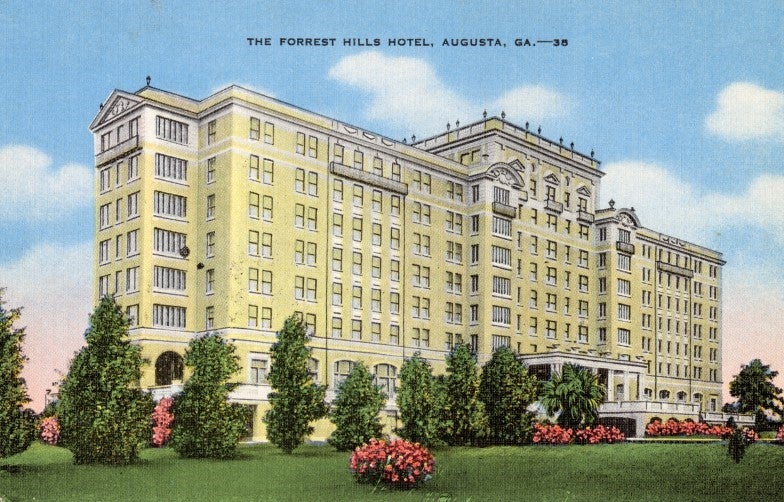
Eventually, though, every party has to end, and by the time that the luxury Forrest-Ricker hotel was built in 1927, the party had ceased. The grand building would only operate as a hotel for 13 years and was never profitable, according to Cashin.
Walter Lord, author of “A Night to Remember,” credited the Titanic disaster as signaling the end of the Edwardian era where hope and confidence of the burgeoning modern inventions and refinements led to outright hubris.
However, there were many factors that caused the decline of tourism in Augusta. The graduated income tax became law in America, and, in a time before people found loopholes, deductions and off-shore accounts to game the system, people could not as easily amass eye-popping fortunes that allowed them to build 175,000 square-foot “summer cottages” or plop down the equivalent of $140,000 in today’s money for a one-way passage on an ocean liner to tour Europe on a whim.
World War I was also a major contributing factor as Augusta was transformed into a military training town and hardly anyone wanted to vacation in a city where the windows rattled from the explosions and crackles of gun fire from the target ranges.
The railway line was also extended into Florida and so the Pullman cars began bypassing Augusta in favor of vacationing in the Sunshine State.
However, there was a man by the name of Bobby Jones who witnessed the Gilded Age in Augusta and was committed to preserving the era’s favorite pastime of golf.
When Jones hosted the first ever “Masters party,” it was not held at the Augusta National’s clubhouse, but at the Bon Air Hotel.
…And that is something you may not have known.
Scott Hudson is the Senior Investigative Reporter and Editorial Page Editor for The Augusta Press. Reach him at scott@theaugustapress.com

